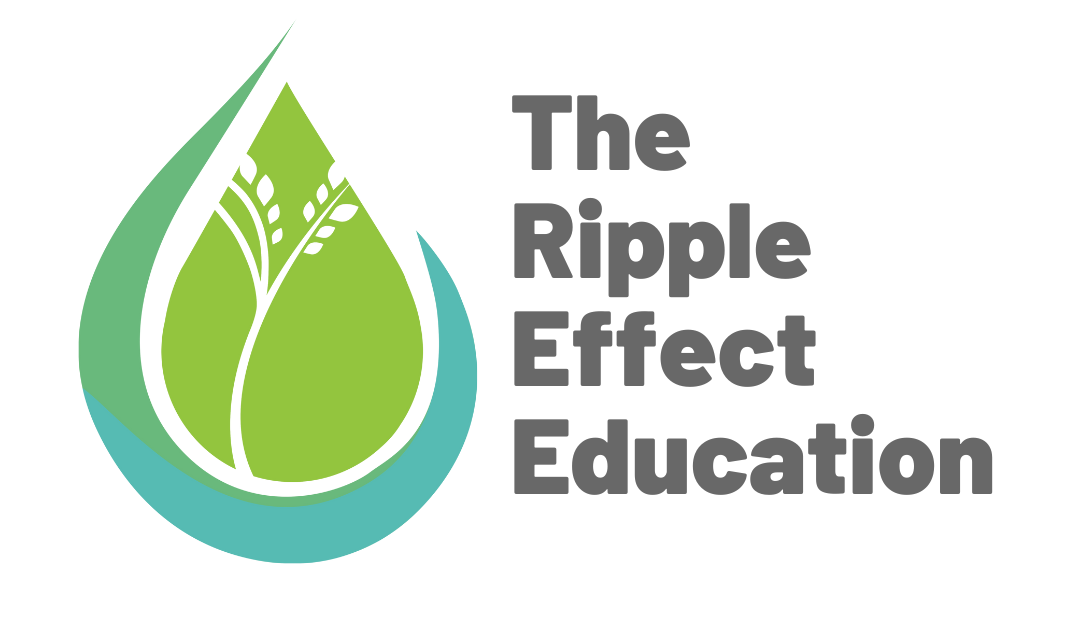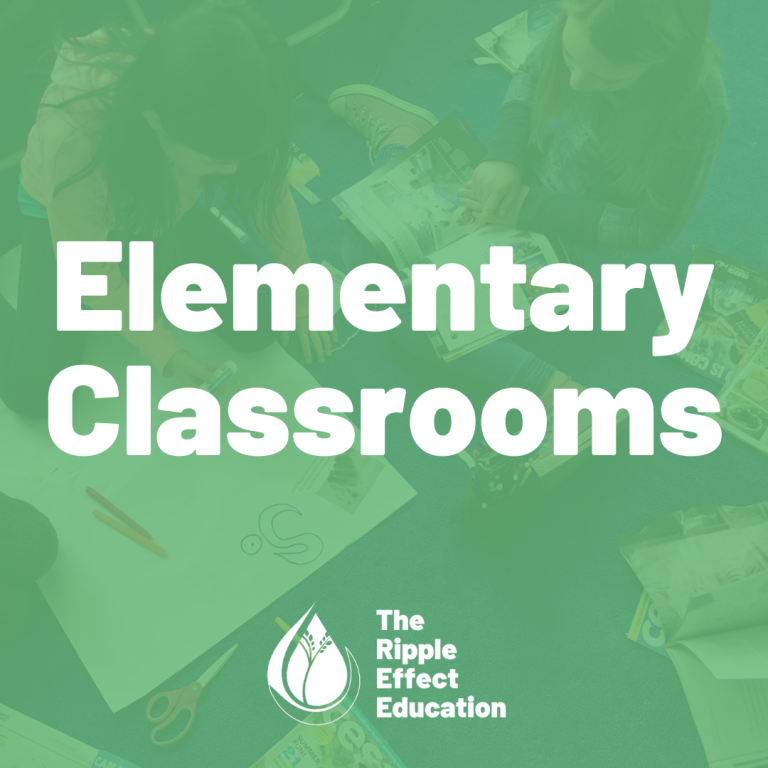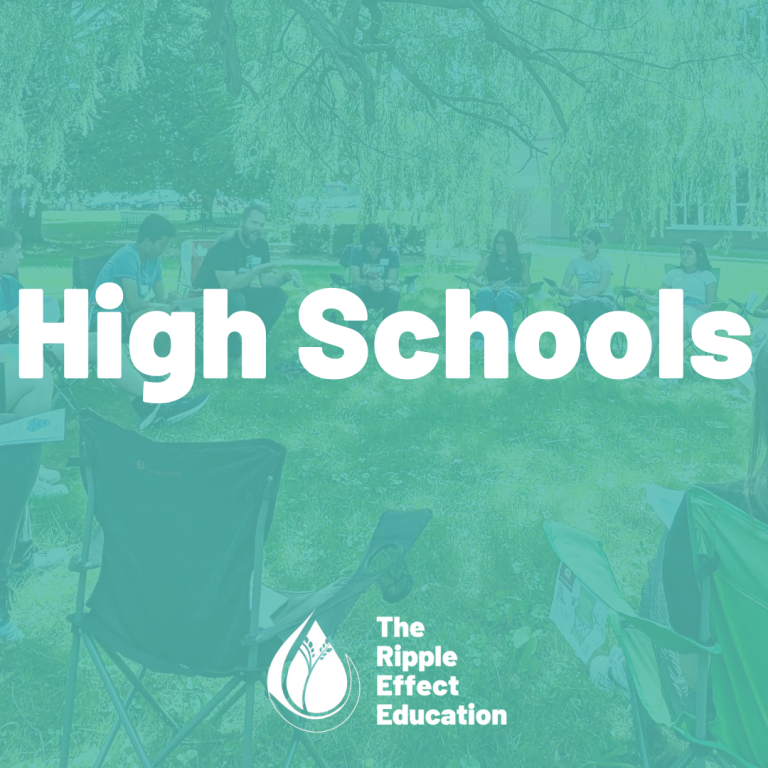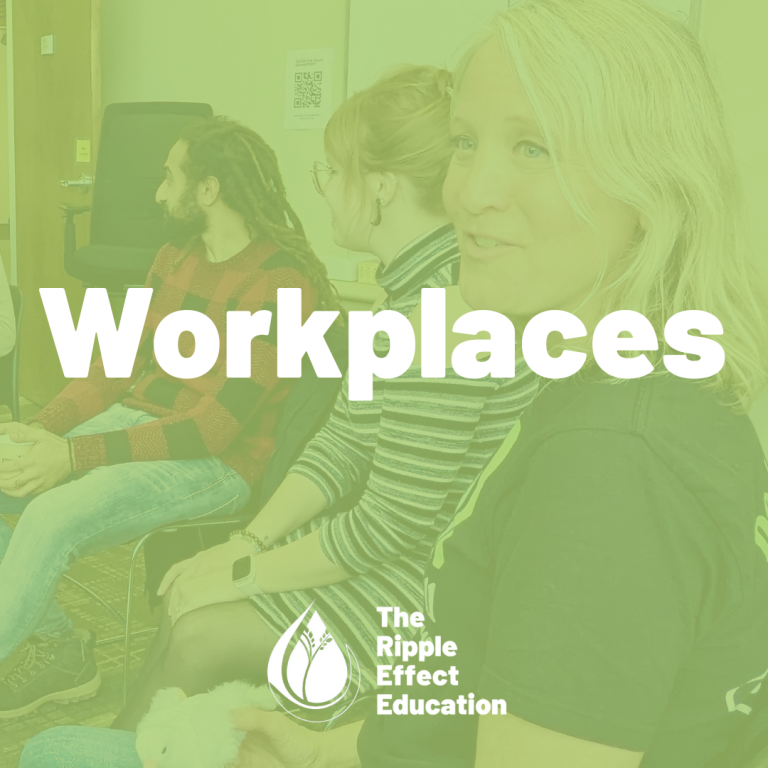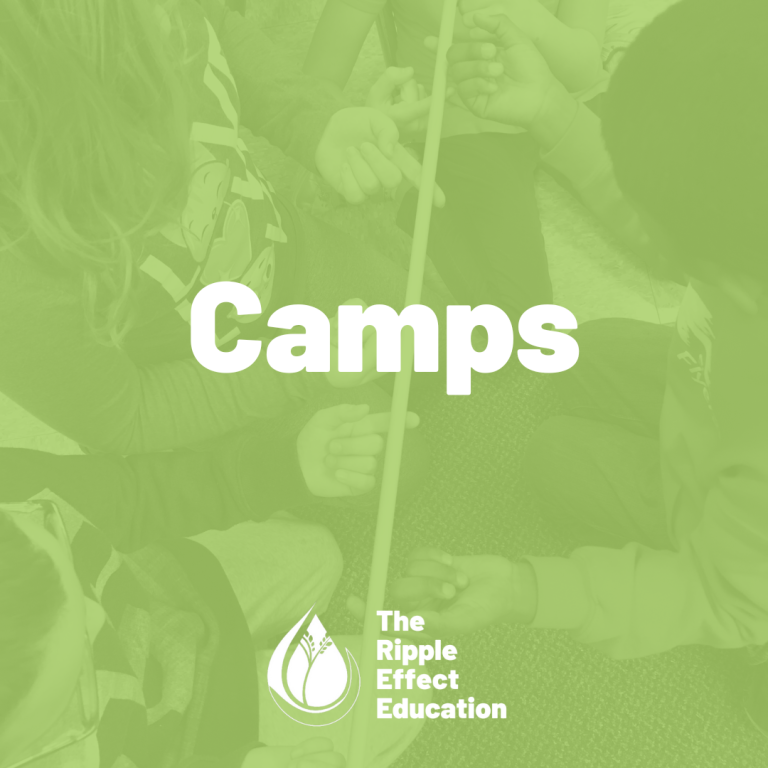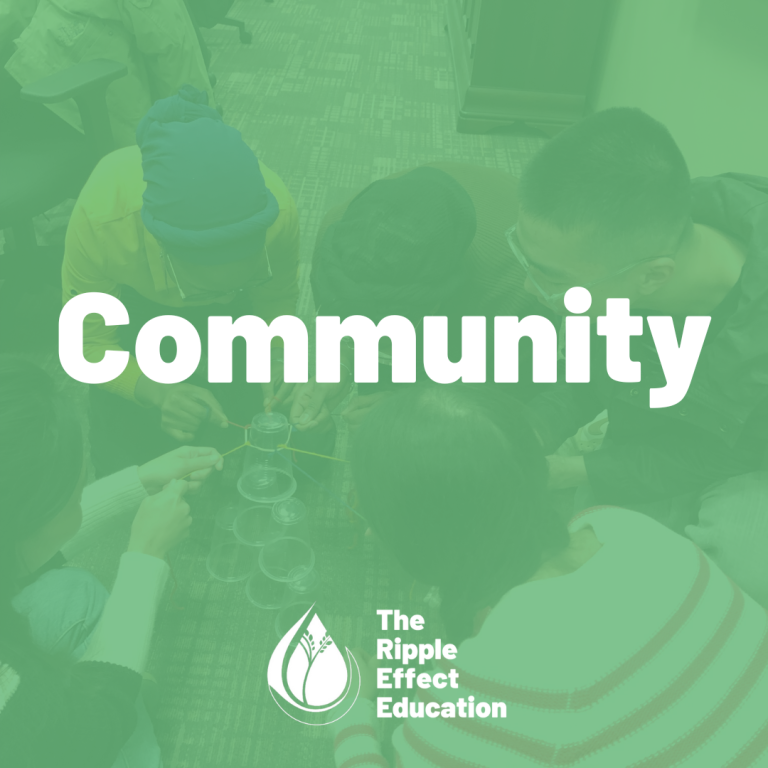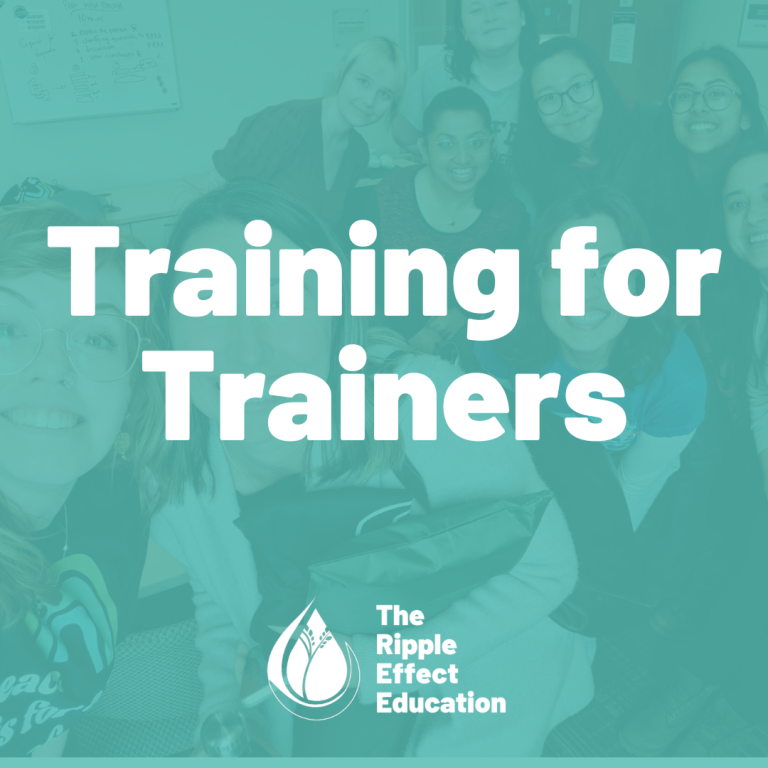The teen years are a time of rapid change for the youth in our lives. During this time period, youth are further developing their concentration, reasoning skills and perspective-taking, while continuing to build their sense of self. Decisions about the future may become stressors, while simultaneously navigating increasingly complex relationships with their peers.
Here are our tips (that build on tips for early, middle and pre-teen years) to support teens in healthy conflict transformation.
- Stay Curious: As much as we might like to believe, we don’t know everything about the people around us; even the people we’re closest to. In conflict situations, we tend to make assumptions about others’ intentions, which can often lead to further misunderstandings and deeper hurt. When we approach conflict with a curious mindset, we don’t assume we have all the answers and try to understand others. Encourage your teen to stay curious by modelling with conflict prompts like, “Tell me more about that.”
“Based on what you’re saying, it seems like you’re ___ (upset, angry, sad, etc.).” “What about this situation is frustrating for you?” - Affirm: As adults with multiple responsibilities, it may be tempting to see the responsibilities youth hold as less important. When teens share their stress or big emotions, resist downplaying their stress or emotions and opt for affirming them. You might affirm with prompts like, “You’ve got some big things on your plate right now. How are you feeling about it?” “Can you share more about why you’re feeling upset?”
- Build Their Confidence: Of course most youth have the ability to manage their emotions and work through conflict, but do they believe they can? Encourage your teen to build their self-efficacy by naming the positive skills they have already developed, like active listening, or empathy, taking others perspectives, or communicating their perspectives clearly. When we believe we are able to achieve positive outcomes in conflict, we’re more likely to engage in dialogue with others and build healthier relationships.
What are your questions about managing conflict with the young people in your life? Share your thoughts in the comments, and we’ll integrate them into future posts!
 Katie Gingerich is the founder and director of TREE, and is an active participant of the Kindred Credit Union Centre for Peace Advancement. Since 2012, she has developed peace education programs for camps, community groups, and classrooms, and is passionate about giving youth the tools they need to transform conflict and seek justice.
Katie Gingerich is the founder and director of TREE, and is an active participant of the Kindred Credit Union Centre for Peace Advancement. Since 2012, she has developed peace education programs for camps, community groups, and classrooms, and is passionate about giving youth the tools they need to transform conflict and seek justice.
